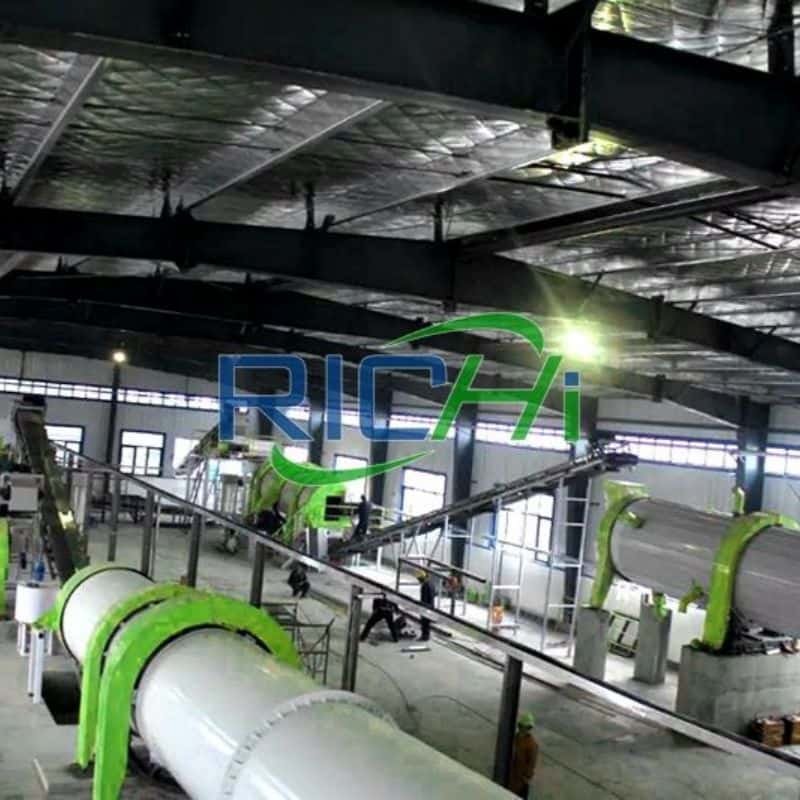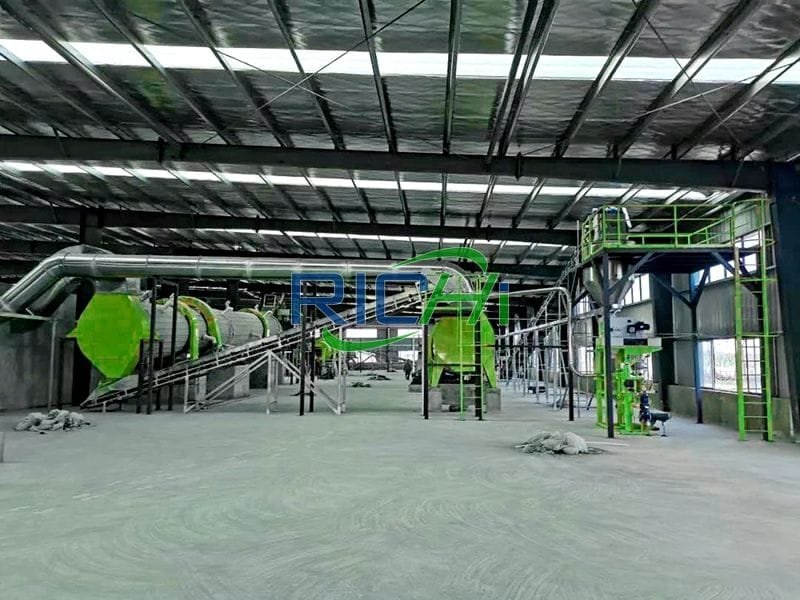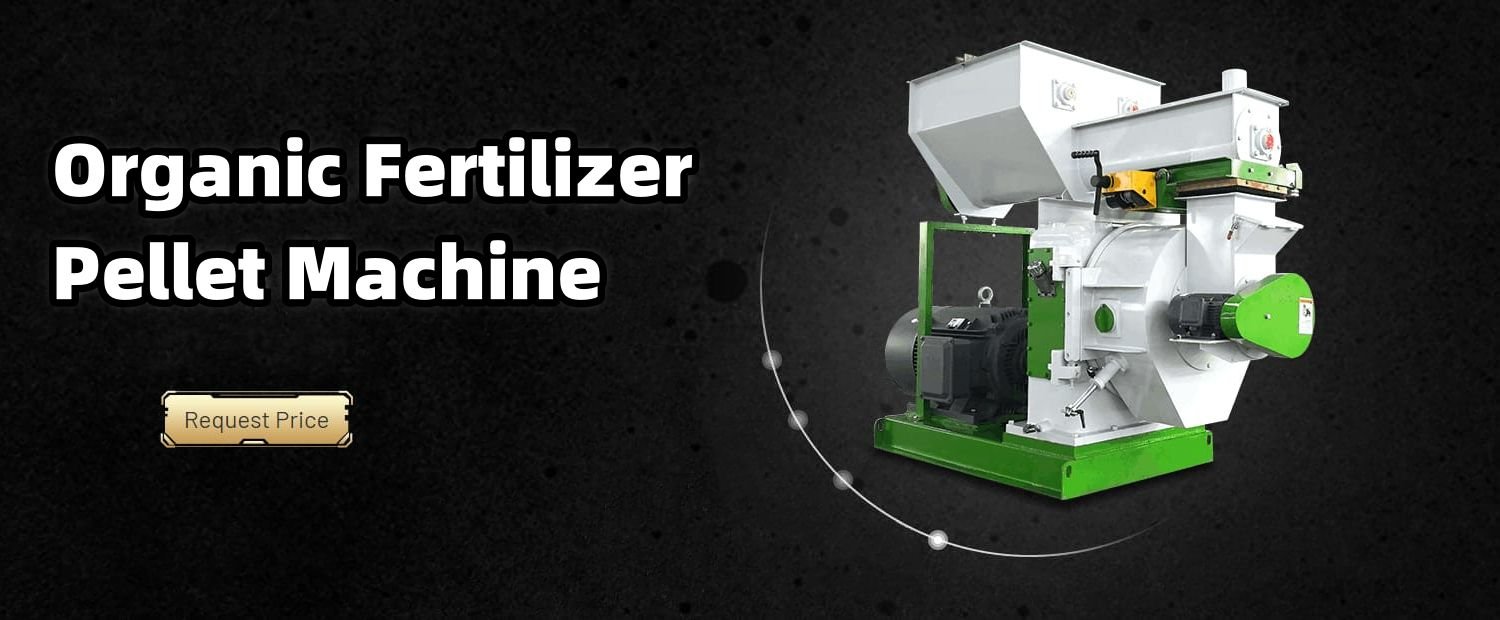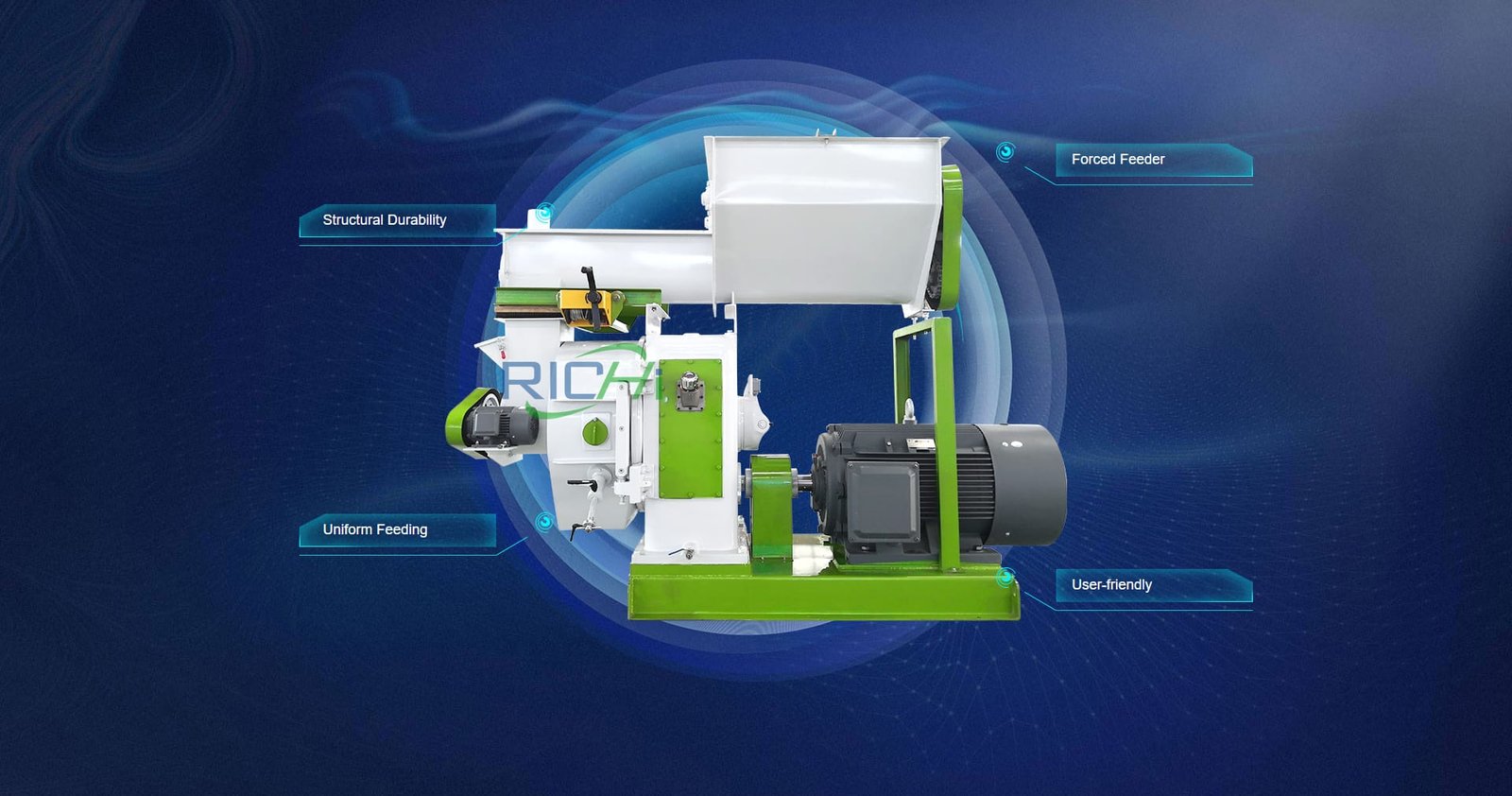The use of biomass materials in the production of organic fertilizer pellets offers several significant technical advantages that contribute to both the efficiency of the production process and the quality of the final product. This article explores the key technical benefits of incorporating biomass into organic fertilizer pellet production.
- Versatility in Raw Material Selection
One of the primary technical advantages of using biomass in organic fertilizer pellet production is the wide range of raw materials that can be utilized:
- Agricultural Residues: Crop stalks, straw, and husks from various plants can be easily processed into pellets.
- Forestry By-products: Sawdust, wood chips, and bark can be effectively incorporated into the pellet production process.
- Animal Waste: Manure from different livestock can be processed and pelletized, converting a waste product into a valuable fertilizer.
This versatility allows manufacturers to adapt to local resource availability and seasonal variations in biomass supply, ensuring a consistent production process throughout the year. (Related post: fertilizer pelletizer machine)
- Improved Pellet Formation and Stability
Biomass materials often contain natural binders that enhance the pelletization process:
- Lignin Content: Many biomass sources, especially woody materials, contain lignin, which acts as a natural binder during the pelletization process. This reduces or eliminates the need for artificial binding agents.
- Fiber Structure: The fibrous nature of many biomass materials contributes to better pellet cohesion and durability, resulting in pellets that maintain their shape during storage and application.
These characteristics lead to more stable pellets with reduced dust formation and improved handling properties.
- Enhanced Nutrient Profile
Biomass materials can contribute to a more diverse and balanced nutrient profile in the final fertilizer product:
- Macro and Micronutrients: Different biomass sources bring various essential plant nutrients, creating a more comprehensive fertilizer.
- Organic Matter Content: The high organic matter content in biomass materials enhances the soil-improving properties of the fertilizer pellets.
This natural nutrient diversity can reduce the need for synthetic nutrient additions, simplifying the production process and enhancing the organic nature of the product.
- Moisture Management
Many biomass materials have inherent moisture-management properties that benefit the pelletization process:
- Natural Moisture Content: The moisture present in biomass can be utilized in the pelletization process, potentially reducing the need for additional water during production.
- Moisture Absorption and Release: The organic nature of biomass allows for better moisture regulation in the final pellets, improving their storage stability and gradual nutrient release when applied to soil. (Related post: chicken manure pelletizer)
- Energy Efficiency in Production
The use of biomass can contribute to energy efficiency in the pellet production process:
- Lower Drying Requirements: Some biomass materials, particularly those from dry agricultural residues, may require less energy for drying compared to wetter organic waste streams.
- Potential for Biomass-Powered Production: In larger operations, excess biomass can be used as a fuel source for the pellet production process itself, creating a more self-sustaining and energy-efficient system.
- Customizable Pellet Characteristics
The diverse nature of biomass materials allows for customization of pellet characteristics:
- Size and Density Control: By adjusting the biomass mixture and processing parameters, manufacturers can produce pellets of various sizes and densities to suit different application methods and crop needs.
- Nutrient Release Rates: The composition of biomass materials can be tailored to achieve desired nutrient release rates, from quick-release to slow-release fertilizers.
- Improved Soil Health Benefits
Biomass-based organic fertilizer pellets offer enhanced soil health benefits:
- Soil Structure Improvement: The organic matter in biomass pellets contributes to better soil structure, improving water retention and aeration.
- Microbial Activity Stimulation: The diverse organic components in biomass stimulate beneficial soil microbial activity, enhancing nutrient cycling and plant health.
- Reduced Environmental Impact
From a technical standpoint, using biomass in fertilizer pellet production can reduce environmental impacts:
- Lower Chemical Inputs: The natural nutrient content of biomass can reduce the need for synthetic chemical additions in the production process.
- Biodegradability: Biomass-based pellets are fully biodegradable, leaving no harmful residues in the soil.
- Scalability of Production
Biomass pellet production technology is highly scalable:
- Small-Scale Operations: Simple, small-scale pelletizing equipment can be used for local or farm-level production.
- Large Industrial Plants: Advanced, high-capacity pelletizing systems can be implemented for large-scale industrial production.
This scalability makes the technology accessible to a wide range of producers, from small farmers to large agricultural cooperatives.
- Integration with Advanced Technologies
The use of biomass in fertilizer pellet production integrates well with advanced agricultural technologies:
- Precision Agriculture: Biomass-based pellets can be formulated to work effectively with precision application equipment.
- Smart Farming Systems: The consistent size and shape of pellets make them suitable for use with automated farming systems and robotics.
Conclusion
The technical advantages of using biomass materials in organic fertilizer pellet production are numerous and significant. From the versatility in raw material selection to improved pellet quality, enhanced nutrient profiles, and better integration with modern farming practices, biomass offers a range of benefits that improve both the production process and the final product.
These technical advantages not only contribute to more efficient and sustainable fertilizer production but also align with the growing demand for environmentally friendly and effective organic fertilizers. As technology continues to advance, we can expect further innovations in biomass utilization, making organic fertilizer pellet production even more efficient and beneficial for agriculture and the environment.








